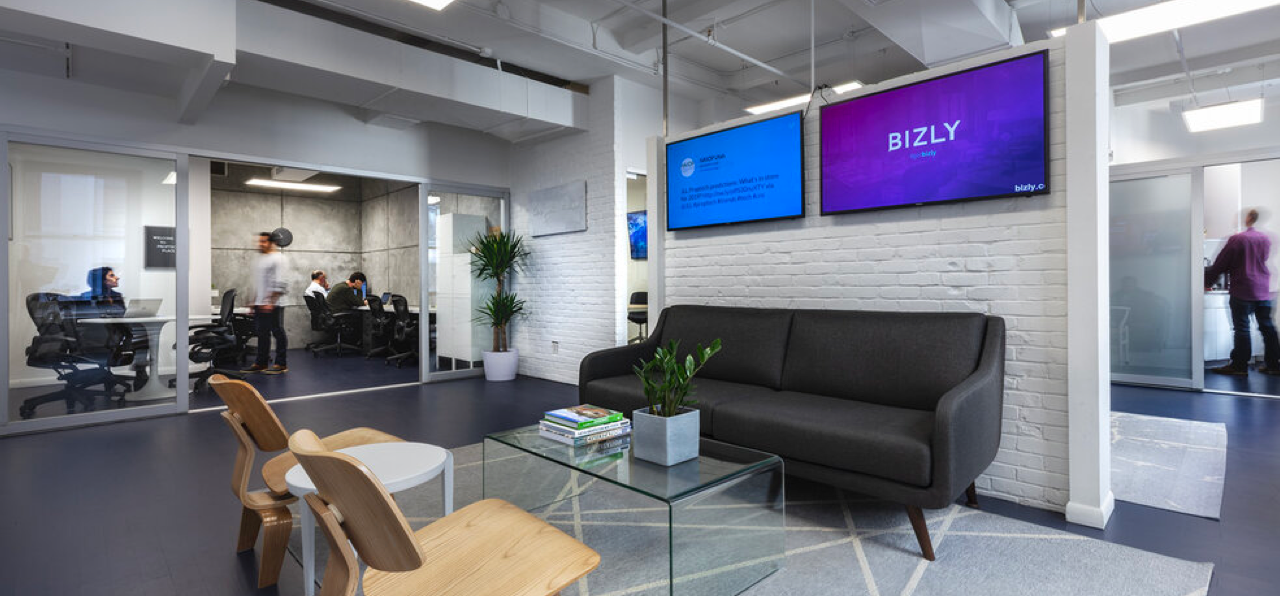Why is Airbnb Worth $24 Billion and What Does it Mean?
Jun 25, 2015

The recent announcement that Airbnb was raising a new round of financing at a $24 billion valuationleft many people outside the start-up and technology communities scratching their heads. In fact, some of my friends in the real estate and hospitality communities emailed me when the news broke thinking that the press must have made a mistake and missed a decimal place somewhere. They just couldn’t wrap their heads around the idea that a real estate company with no tangible real estate assets could command that kind of valuation from investors. How does a platform for sharing real estate demand a much higher revenue multiple than a company that owns real estate?
I am not going to bother opining on the exact revenue multiple that Airbnb should have. I am certainly happy that they are worth $24 billion (two of my investments, Localmind and Fondu, were both acquired early on by Airbnb). However, I will let the far more sophisticated growth equity investors doing the deal set the valuation for me. I am happy to be along for the ride.
Nonetheless, I can say this with certainty: the fact that experienced, late-stage investors are willing to place such a growth premium on Airbnb shows that we are in the midst of a tectonic paradigm shift in the real estate industry. Moreover, I believe that we are only in the third inning of a nine inning ball game. The crux of this paradigm shift exists in how people conceive and inhabit physical space, and how people are able to maximize the efficiency and financial opportunity of that space, driving prices down for “tenants” while simultaneously creating more profit for “landlords.”
This may seem like a contradiction but it’s not: when space is used more frequently and more efficiently, landlords can earn more money while charging less money to tenants. This is the “holy grail” solution that exists when you merge collaborative consumption, on-demand services, and the shared economy with real estate. This is the genius of Airbnb and it has galvanized an entire industry in its wake. People can take unused real estate and turn it into occupied real estate.
In the olden days, the perception of space was rather rigid. People lived in houses, tenements, or apartments, and they worked in office buildings, factories, or stores. When they traveled, they would stay in hotels or hostels. Airbnb was the first company to flip the script on this model, and more change is coming. Because of technology, social networking, on-demand services, and collaborative consumption, all of these spaces can be used by people when they need them.
Imagine a world where you can use a specific type of space only when you need it and you can pay for it by the hour or by the day? This was the major innovation of Airbnb. People thought to themselves: “I am going away for the weekend and no one is going to be in my apartment. Why don’t I earn some money and rent it out?”
Now, this type of thinking is getting applied to other asset classes within the real estate spectrum. For example, if you are only in an office for a few hours a week, why not book a Breather instead of getting standard lease on an office space? (Full disclosure: Breather is a portfolio company) Schools are vacant from 5 PM-6 AM. Why not have dinner parties and other events in schools provided people are respectful and responsible? Why can’t a hotel turn into an office building during the day, and vice versa? When no one is in our conference room at work why can’t I rent it to others for an hour to have a meeting (i.e. using LiquidSpace)? I only use my vacuum twice per week. What good is it doing sitting in my closet when it can be cleaning someone else’s home or office and potentially earning me some money? The list goes on and on.
An old saying in the real estate business is that land is a great investment because they aren’t making any more of it. Today, this rings more true than ever with real estate prices skyrocketing and people getting priced out of places where they have lived for years. However, although the earth isn’t making more land, people are beginning to think about how they use physical space in different ways. Instead of conceiving of space as an owned or leased quantity, they are beginning to think of it as a sharedquantity. This shift will ultimately prove the most financially viable solution to solving the affordable housing crisis, ensuring that people have reasonably priced places to start small businesses, and providing people with the ability to travel and expand their cultural views on a shoestring budget.
So, in summary, I don’t have any idea what Airbnb should be worth. What I do know is that the investors who are valuing it at $24 billion, whether consciously or not, are recognizing Airbnb as the initial catalyst for the largest disruption in the history of the real estate industry since the invention of the skyscraper in Chicago at the end of the 19th Century. At MetaProp NYC, it is part of our job to educate the entrenched real estate industry about this seismic shift and show them that they don’t have to resist it. We can also educate the technologists and startup community about how to approach people in the real estate community and explain the new ecosystem in relevant, appropriate terms. No one has to go into hand-to-hand combat. In fact, if done correctly, everyone can create additional economic and social value in this new ecosystem. It doesn’t have to be a zero-sum game.
Tagged: metaprop
